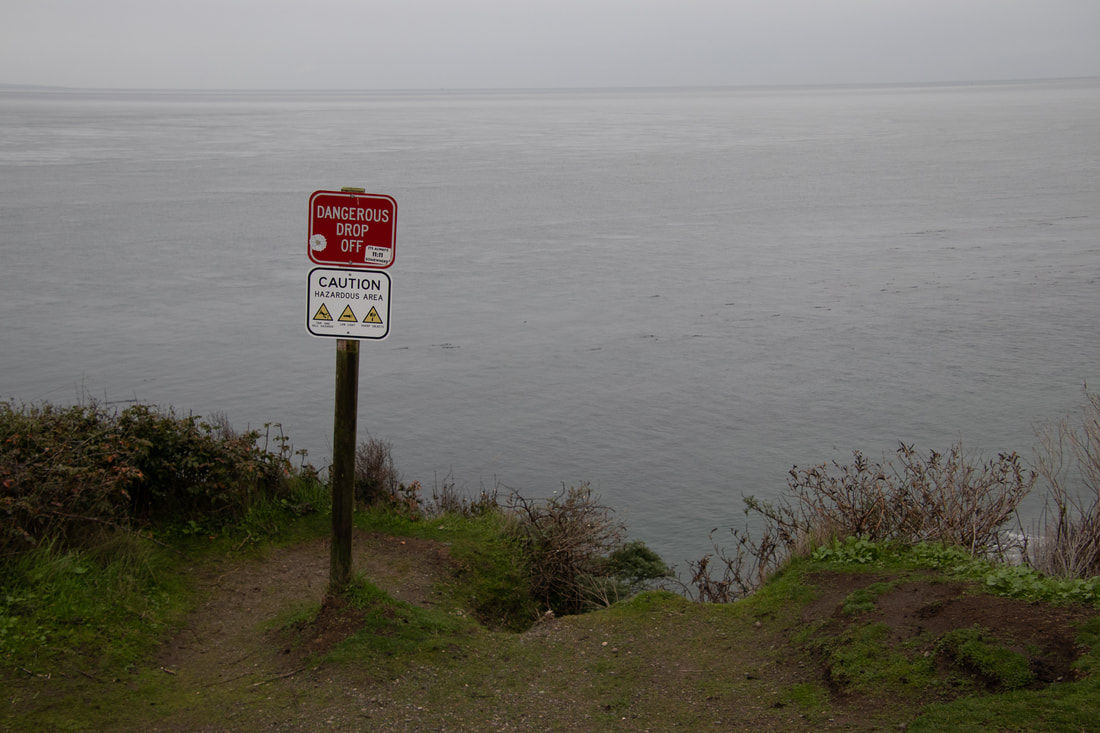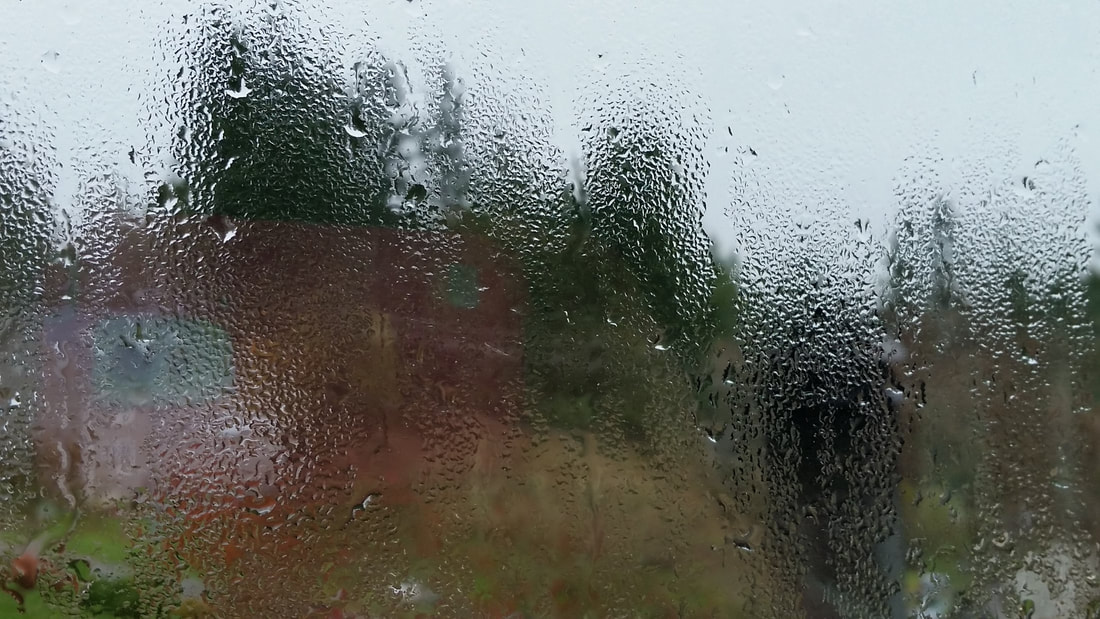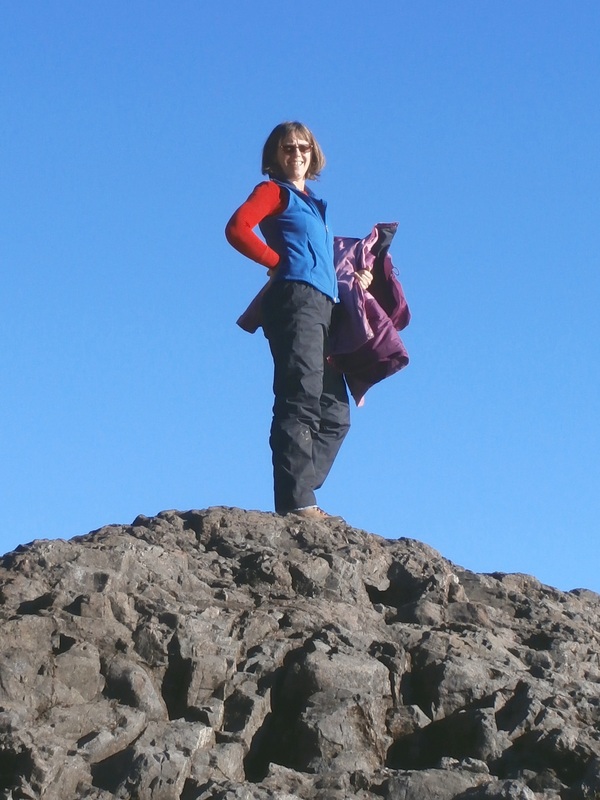|
A reflection on Luke 21:25-36 for the community of St. David of Wales Episcopal Church, Shelton, WA. First Sunday of Advent, November 28, 2021.
Everybody is ready for Christmas. The Thanksgiving leftovers that crowd our refrigerators are almost all gone. Radio stations are playing Christmas songs 24 hours a day. Stores have been stocked with holiday décor and gifts since Halloween. Black Friday sales flooded our email inboxes this weekend. Neighbors are stringing up lights and inflating super-sized Santas. Everybody is ready to celebrate, except us. We who worship Christ and follow the church calendar have flipped the page to the first day of a new year that begins not with decorations, celebratory champagne, and countdowns, but with weeks of waiting. And what a strange sort of waiting it is. We wait for what was promised and what has already occurred. We wait for a sign that God is with us. We wait for God to break into human history with the birth of Jesus. And we wait for what was promised but has yet to be fulfilled. We wait for the final redemption of humanity and all of creation. We wait for peace and justice to prevail throughout the earth. We wait for the Son of Man to come again in power and glory.
0 Comments
A reflection on Mark 10:46-52 for the community of St. David of Wales, Shelton, WA, October 23, 2021.
In this morning’s Gospel passage, Jesus is in Jericho with his disciples surrounded by scores of people. Everywhere he goes, Jesus has been attracting attention with his healing and teaching, and now it’s a parade-like atmosphere, with Jesus as the featured attraction as he and his followers, and many of the faithful leave the city to make their way to Jerusalem to observe the Passover. Jesus will leave this city never to return. He will enter Jerusalem and the sweep of events in the coming days will lead the throngs from celebrating his power and popularity to witnessing his execution. Bartimaeus, a blind beggar, appears in the commotion. The fact that he is named, unlike so many whom Jesus has healed, is significant. Bartimaeus, or his father Timaeus, may have been well known in the community before the encounter, or Bartimaeus may have been recognized later as part of the new church formed after Jesus’ death. And the story of Blind Bartimaeus is familiar to many of us, one enacted gleefully by blindfolded Sunday school students, who leap and stumble, hands extended, crashing into their friends as they grope toward Jesus. |
I began blogging about "This or Something Better" in 2011 when my husband and I were discerning what came next in our lives, which turned out to be relocating to Puget Sound from our Native California. My older posts can be found here.
Categories
All
Archives
September 2023
Newsletters |


